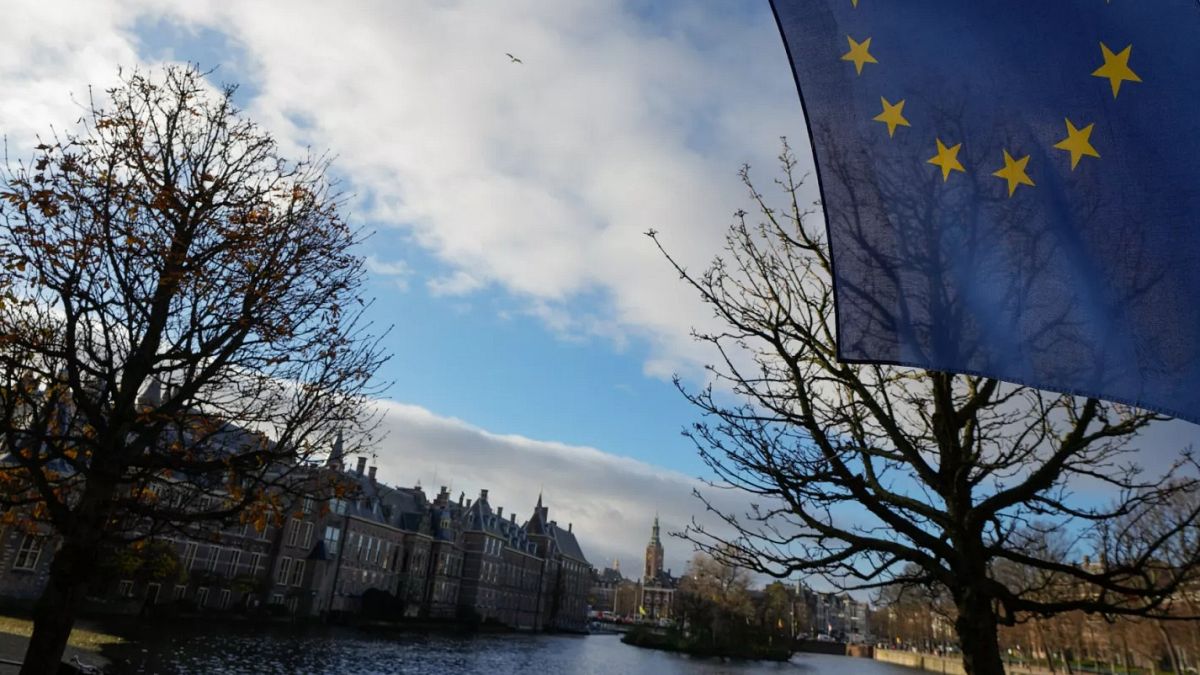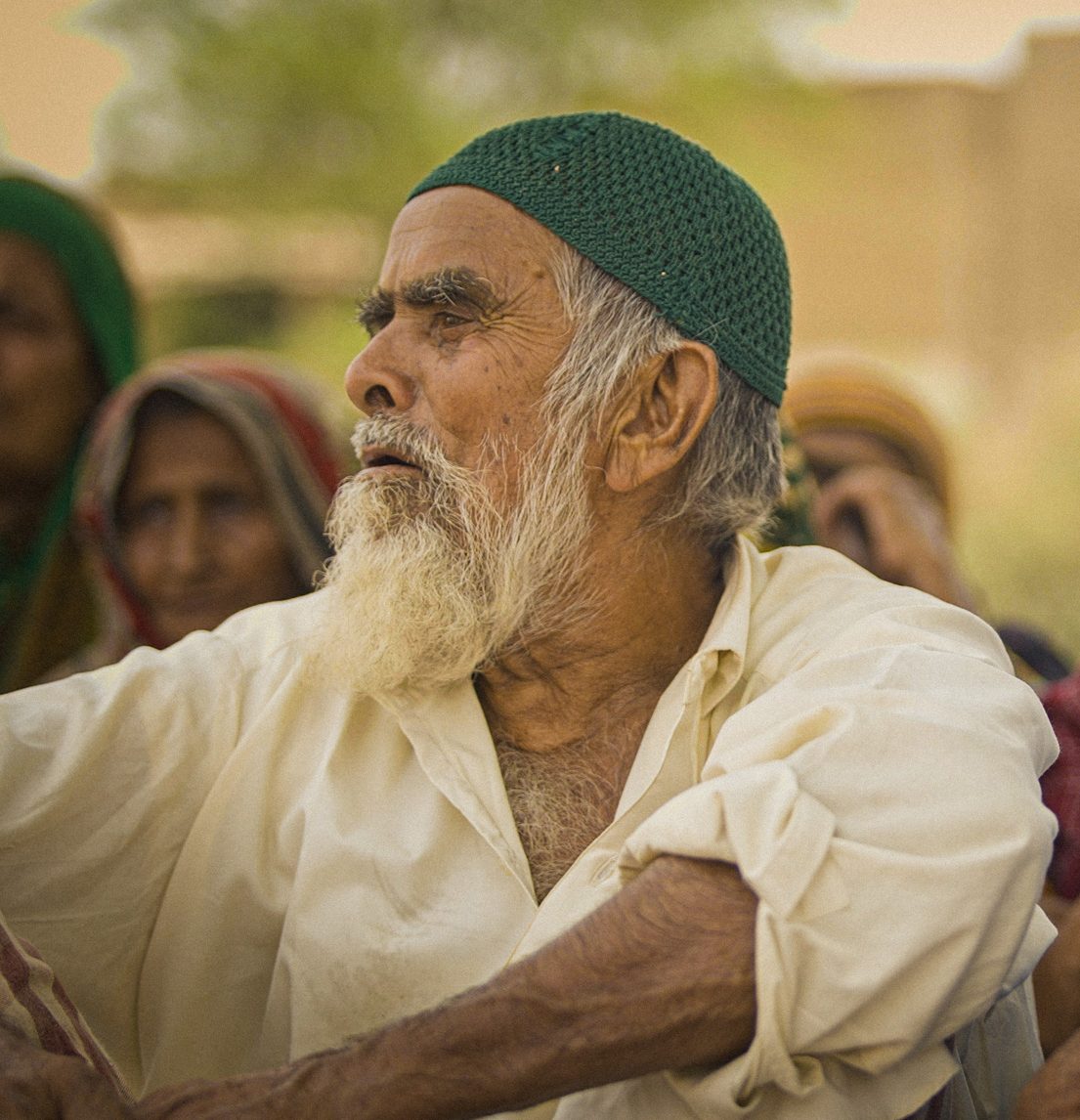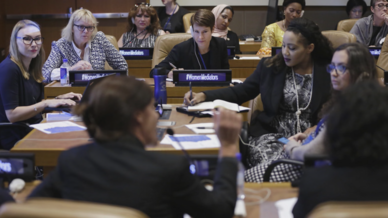Report on Dutch Political Programmes and Alignment with Sustainable Development Goals
Introduction: Assessing Commitment to SDG 16
A recent legal assessment conducted by the Dutch Bar Association (NovA) reveals that proposals from nearly three-quarters of political parties contesting the upcoming elections are in violation of the rule of law. This analysis raises significant concerns regarding the Netherlands’ commitment to Sustainable Development Goal 16 (SDG 16), which aims to promote peaceful and inclusive societies, provide access to justice for all, and build effective, accountable, and inclusive institutions at all levels.
Key Findings: Erosion of the Rule of Law
Parties with Proposals Contravening SDG 16 Principles
The report identifies a significant number of proposals that directly undermine the principles of justice and institutional integrity. The parties with the highest number of such proposals are:
- Forum for Democracy (FvD): 33
- Freedom Party (PVV): 30
- JA21: 14
- Reformed Political Party (SGP): 13
- Farmer-Citizen Movement (BBB): 13
Analysis of Proposals and Specific SDG Implications
Undermining SDG 10 (Reduced Inequalities) and SDG 16 (Peace, Justice and Strong Institutions)
Several proposals directly target migrants and asylum seekers, contravening international human rights treaties and undermining key SDG targets.
- Asylum and Migration Freezes: Proposals by BBB, FvD, JA21, and PVV for a total stop or maximum cap on asylum seekers are in direct conflict with the Refugee Convention and EU law. This challenges SDG 10.7 (facilitate orderly, safe, regular and responsible migration) and SDG 16.3 (ensure equal access to justice for all).
Contradicting SDG 4 (Quality Education) and Fundamental Freedoms
Proposals targeting educational freedom represent a challenge to inclusive societal development as outlined in the SDGs.
- Restrictions on Religious Education: The PVV’s proposal to ban Islamic education and the BBB’s plan to block new Islamic schools conflict with the fundamental freedom of education. This is inconsistent with SDG 4, which calls for inclusive and equitable quality education for all.
Impact on Civil Liberties, Judicial Integrity, and Access to Justice (SDG 16)
A range of proposals risk weakening judicial processes and fundamental freedoms, which are central tenets of SDG 16.
- Restrictions on Freedom of Assembly: Proposals from BBB, JA21, PVV, SGP, Christian Union, and NSC to ban face coverings during demonstrations may conflict with the freedom of expression and assembly, a right protected under SDG 16.10.
- Threats to Fair Judicial Process: The D66 plan for anonymous police complaints is viewed as a violation of a suspect’s right to a fair process, undermining SDG 16.3.
- Erosion of Privacy and Due Process: Proposals from CDA, VVD, and BBB to scale back privacy rules for data exchange, and plans by CDA, CU, Denk, NSC, and VVD to shorten judicial appeal times, pose risks to fundamental rights and equal access to justice as enshrined in SDG 16.
Longitudinal Trend Analysis: A Growing Challenge to Institutional Stability
A Worsening Trajectory Since 2012
The NovA report highlights a “worrying trend” of increasing disregard for the rule of law in political manifestos over the past decade. This trend suggests a systemic challenge to the stability of institutions required to achieve the SDGs.
- 2017: Five party programmes contained proposals against the rule of law.
- 2021: This number grew to seven parties.
- 2023: The number increased further to ten parties.
The report notes this trend coincides with an “increasingly hardened and polarised political debate,” which threatens the collaborative and stable environment needed to advance the 2030 Agenda for Sustainable Development.
Conclusion and Positive Indicators
Parties Upholding SDG 16 Principles
Despite the negative trend, the report confirms that three parties have programmes with no proposals contrary to the rule of law, demonstrating a continued commitment to the principles of SDG 16.
- GroenLinks-PvdA
- Volt
- Partij voor de Dieren (Party for the Animals)
Furthermore, the report acknowledges that all but two parties also include proposals designed to strengthen the rule of law. This indicates that while significant challenges exist, there remains a foundation for reinforcing the Netherlands’ commitment to building peaceful, just, and strong institutions in line with the Sustainable Development Goals.
Analysis of Sustainable Development Goals in the Article
1. Which SDGs are addressed or connected to the issues highlighted in the article?
-
SDG 16: Peace, Justice and Strong Institutions
- The article’s central theme is the “rule of law” in the Netherlands, which is the cornerstone of SDG 16. The Dutch Bar Association’s report directly assesses whether political party proposals strengthen or violate the rule of law, which is fundamental for creating peaceful, just, and inclusive societies. The discussions on access to justice, fundamental freedoms, and the accountability of political institutions are all core components of this goal.
-
SDG 10: Reduced Inequalities
- The article discusses proposals by several political parties to put a “stop to migration and asylum requests” and to ban Islamic education. These policies target specific groups (migrants, asylum seekers, Muslims) and are described as contrary to international human rights treaties. This directly relates to SDG 10, which aims to reduce inequality within and among countries by promoting the inclusion of all, irrespective of origin or religion, and by facilitating safe and responsible migration.
2. What specific targets under those SDGs can be identified based on the article’s content?
-
Under SDG 16: Peace, Justice and Strong Institutions
- Target 16.3: Promote the rule of law at the national and international levels and ensure equal access to justice for all. The entire article revolves around this target. The “fitness check” by the Dutch Bar Association is an explicit effort to monitor and promote the rule of law within the national political landscape. Proposals that shorten appeal times or deny suspects a fair process are direct challenges to ensuring equal access to justice.
- Target 16.10: Ensure public access to information and protect fundamental freedoms, in accordance with national legislation and international agreements. The article identifies several proposals that threaten fundamental freedoms, such as the proposed ban on Islamic education (violating freedom of religion and education) and the ban on face coverings during demonstrations (conflicting with “freedom of expression and assembly”).
- Target 16.b: Promote and enforce non-discriminatory laws and policies for sustainable development. The proposals for a “total freeze on asylum seekers” and a ban on new Islamic religious schools are examples of discriminatory policies that this target aims to prevent.
-
Under SDG 10: Reduced Inequalities
- Target 10.7: Facilitate orderly, safe, regular and responsible migration and mobility of people, including through the implementation of planned and well-managed migration policies. The article highlights proposals for a “total freeze on asylum seekers” and setting a “maximum number of asylum seekers.” These are described as being “contrary to … European and international human rights treaties, the Refugee Convention and EU law,” directly opposing the principle of well-managed and rights-based migration policies.
3. Are there any indicators mentioned or implied in the article that can be used to measure progress towards the identified targets?
-
Indicators for SDG 16 Targets
- An implied indicator for Target 16.3 is the number and proportion of political party proposals that are assessed as being in violation of the rule of law. The article provides concrete data for this: the report found that nearly three-quarters of parties had at least one such proposal, and it tracks the trend over time (“In 2017, just five programmes were not in line with the rule of law. In 2021 it was seven, followed by 10 in 2023”).
- For Target 16.10, an indicator is the existence of proposed legislation or policies that restrict fundamental freedoms. The article explicitly lists these, such as proposals to ban certain forms of education, limit freedom of assembly, and scale back privacy rules.
- For Target 16.b, a relevant indicator is the number of political parties proposing discriminatory policies based on religion or origin. The article names specific parties (BBB, FvD, JA21, PVV) and their discriminatory proposals against asylum seekers and Islamic education.
-
Indicator for SDG 10 Target
- For Target 10.7, an implied indicator is the degree of alignment of national political proposals with international conventions on migration and refugees. The article uses this measure by stating that proposals for an asylum freeze are “contrary to … the Refugee Convention and EU law,” thereby using compliance with international law as a metric.
4. Table of SDGs, Targets, and Indicators
| SDGs | Targets | Indicators Identified in the Article |
|---|---|---|
| SDG 16: Peace, Justice and Strong Institutions | 16.3: Promote the rule of law at the national and international levels and ensure equal access to justice for all. | The number and proportion of political party programs containing proposals that violate the rule of law (e.g., the trend from 5 parties in 2017 to 10 in 2023). |
| SDG 16: Peace, Justice and Strong Institutions | 16.10: Ensure public access to information and protect fundamental freedoms, in accordance with national legislation and international agreements. | Existence of political proposals that restrict fundamental freedoms (e.g., bans on Islamic education, bans on face coverings during demonstrations, scaling back privacy rules). |
| SDG 16: Peace, Justice and Strong Institutions | 16.b: Promote and enforce non-discriminatory laws and policies for sustainable development. | Number of political parties proposing discriminatory policies based on religion or origin (e.g., proposals against Islamic schools and asylum seekers). |
| SDG 10: Reduced Inequalities | 10.7: Facilitate orderly, safe, regular and responsible migration and mobility of people, including through the implementation of planned and well-managed migration policies. | The existence of political proposals that contradict international agreements on migration and refugees (e.g., proposals for a “total freeze on asylum seekers” contrary to the Refugee Convention). |
Source: euronews.com






